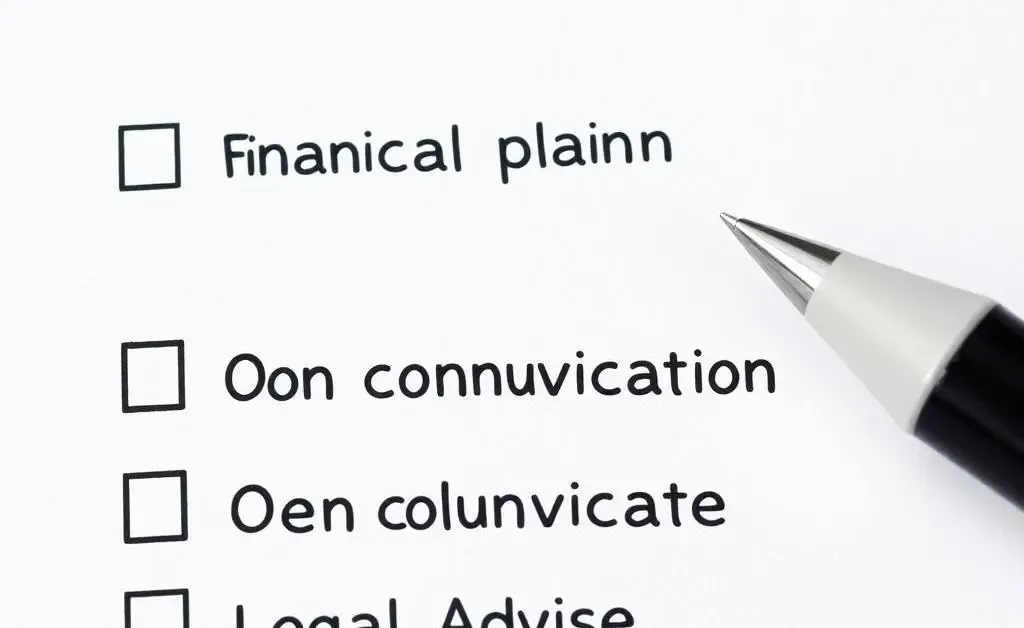The Ultimate Guide to Prenups: Balancing Love and Financial Security
Discover practical insights on prenups to protect your assets and relationship.

So, you're about to take the plunge into marriage, but the thought of asking your fiancé(e) to sign a prenup is sitting in the back of your mind like an uninvited guest at the party. The stigma surrounding prenuptial agreements can make this conversation feel about as comfortable as a trip to the dentist.
Yet, the truth is a prenup can be a practical tool that ensures the financial happiness of both parties in the marriage. Let's dive into how to introduce the topic without it turning into a theatrical cry-fest.
Why Consider a Prenup?
First, let's clarify why prenuptial agreements aren't just for wealthy celebrities. Here are some sound reasons to consider one:
- Protection: A prenup can protect assets acquired before marriage.
- Debt Shielding: You won't inherit each other's debts.
- Family Heirlooms: Ensure treasured family possessions remain yours.
- Clarity: Offers crystal-clear financial expectations and responsibilities.

Starting the Prenup Conversation
Jumping into a prenup discussion shouldn't feel like a courtroom cross-examination. Take a cue from my friend, Alex, who handled this delicate task with grace. Over dinner, Alex shared a heartfelt explanation about wanting to be upfront about all aspects of marriage, including something as mundane as finances. He didn't make it about the lack of trust, but rather about planning for a secure future together.

Keys to a Smooth Discussion
To approach this sensitive subject with your partner smoothly:
- Pick a relaxed setting, like a favorite coffee shop.
- Be transparent and personalize the reason for wanting a prenup.
- Emphasize shared goals and the love you have for each other.
- Be ready to answer questions and provide reassurances if needed.
The Legal Stuff: Getting It Done Right
Once you've both agreed that a prenup is on the table, it's crucial to get it done correctly:
- Consult separate lawyers to avoid conflicts of interest.
- Ensure full financial disclosure from both parties.
- Review state laws as they can differ and impact terms.
- Keep the language as clear and straightforward as possible.

As you move forward, remember that focusing on open communication and transparency will always be your best ally. So, are you ready to transform what seems like a taboo subject into a shared step towards a stronger, more resilient relationship?
What other strategies have you found effective when discussing sensitive topics in your relationship?




